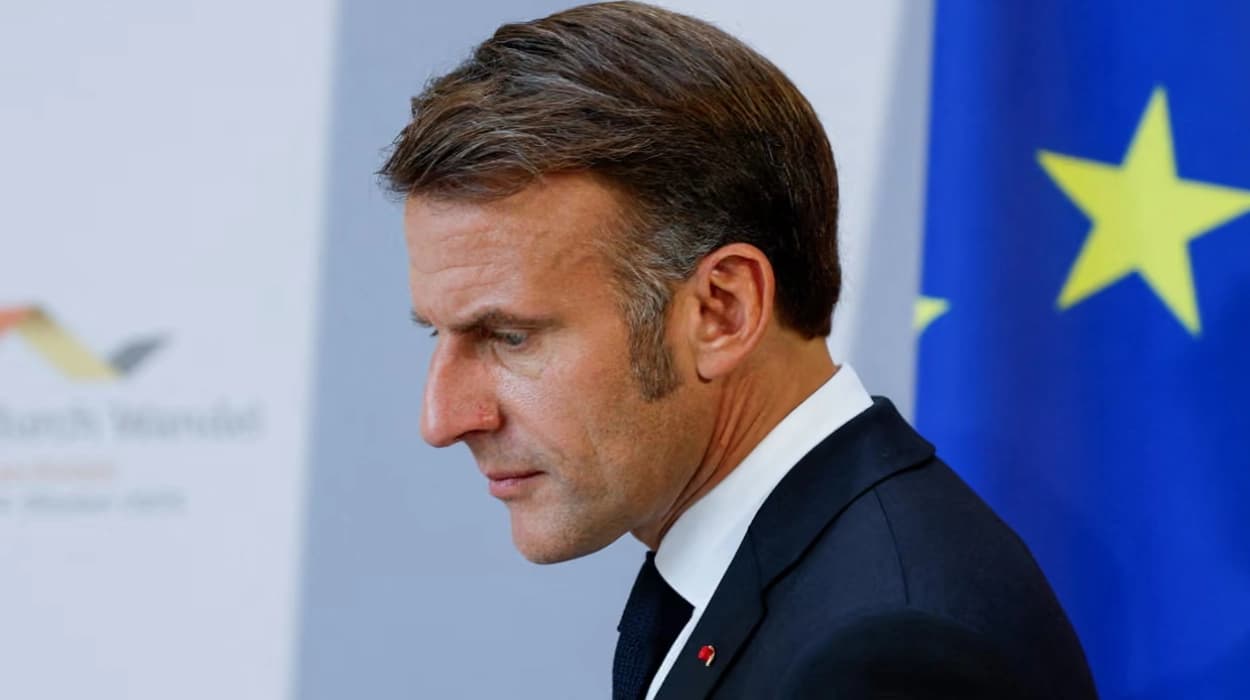Former French Prime Minister Édouard Philippe urged early
presidential elections, citing the deepening political crisis confronting
Emmanuel Macron’s government.
As the outgoing prime minister, Sébastien Lecornu, started a last-ditch attempt to mobilize cross-party support for a cabinet to save France from its worsening political impasse, Philippe, a prominent center-right candidate to follow Macron, made these comments.
“Time is of the essence,”
he said.
“We are not going to prolong what we have been experiencing for the past six months. Another 18 months is far too long and it is damaging France. The political game we are playing today is distressing.”
Instead of demanding Macron resign right away, Philippe told RTL radio that the president could "announce that he is organising an early presidential election" when a budget for the following year was approved.
Jordan Bardella, the leader of the far-right National Rally (RN), echoed his remarks on Tuesday, stating that he also supported early presidential elections or parliamentary elections after the dissolution of parliament.
Lecornu, who resigned on Monday morning just 27 days after being appointed and 14 hours after his new cabinet was announced, has been urged by Macron to remain for 48 hours in an attempt to save the government and find a solution to the problem.
According to officials at the Elysée Palace, the president has told French media that he is prepared to "assume his responsibilities" in the event of failure. This statement is commonly taken to mean that he would call for early parliamentary elections.
There were indications of mounting dissension even among Macron's own supporters, as former prime minister Gabriel Attal, the head of the president's centrist party, stated on Monday night that he no longer understood Macron's choices and that it was "time to try something else."
More than a year has passed since Macron called for a quick election in 2024, which resulted in a hung parliament with no majority and three roughly equal blocs: the far right, the left, and Macron's own center-right alliance.
When Lecornu resigned, he became the shortest-serving prime minister in contemporary French history. He was the third prime minister since last year's legislative dissolution and the fifth since Macron's reelection in 2022.
Additionally, it is taking place in the face of a worsening financial crisis. In addition to its anticipated budget deficit of about 6%, France has the third-highest debt-to-GDP ratio in the EU, behind Greece and Italy, and it is nearly double the maximum allowed by EU regulations.
How would an early presidential election change the parliamentary timeline?
In France, the president has the ability to dissolve the
National Assembly and call for an early parliamentary election. In most cases,
parliamentary elections occur weeks after the presidential election in order to
elect a new government with a new mandate from the elected president.
If there is an early presidential election, the government will likely subsequently dissolve the National Assembly shortly after the presidential election, because they will be seeking a new mandate. This will also require the parliamentary elections to occur early because the next elections were scheduled for 2027.
This would effectively reset the electoral calendar, effectively ending the present parliamentary term early, and voters would in a relatively short time, be able to fully choose two political choices directly, one for the presidential election specifically, and one for the parliamentary elections.
